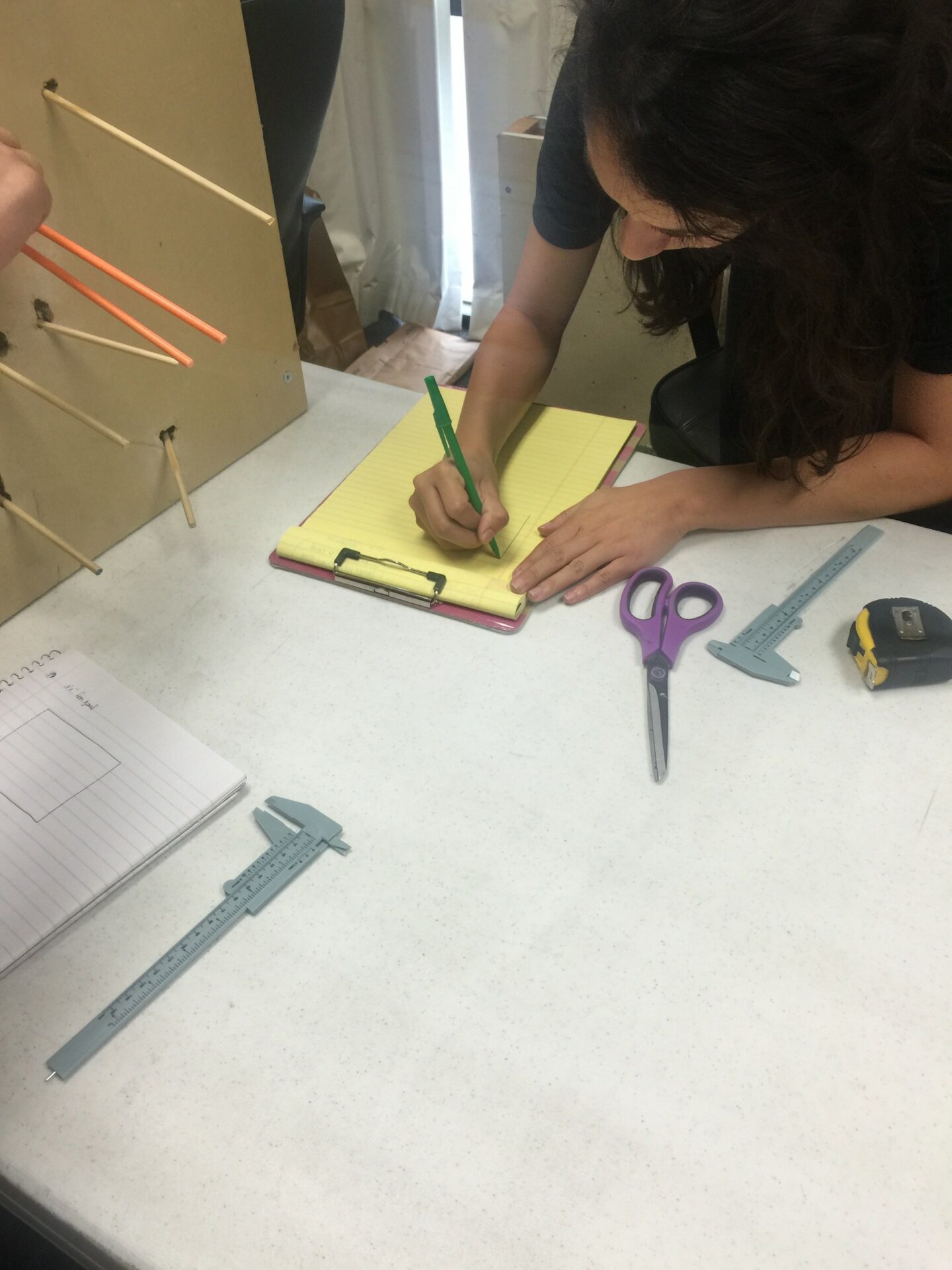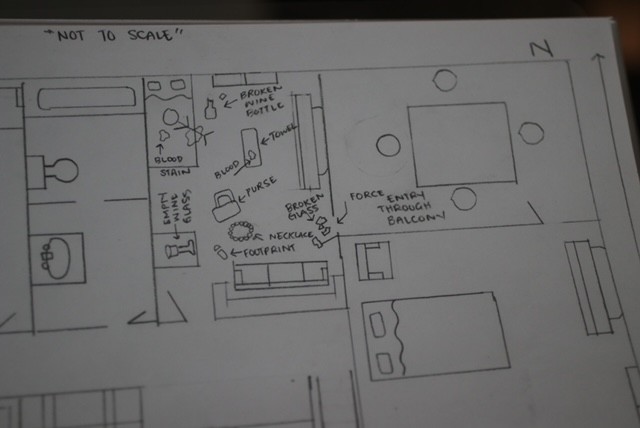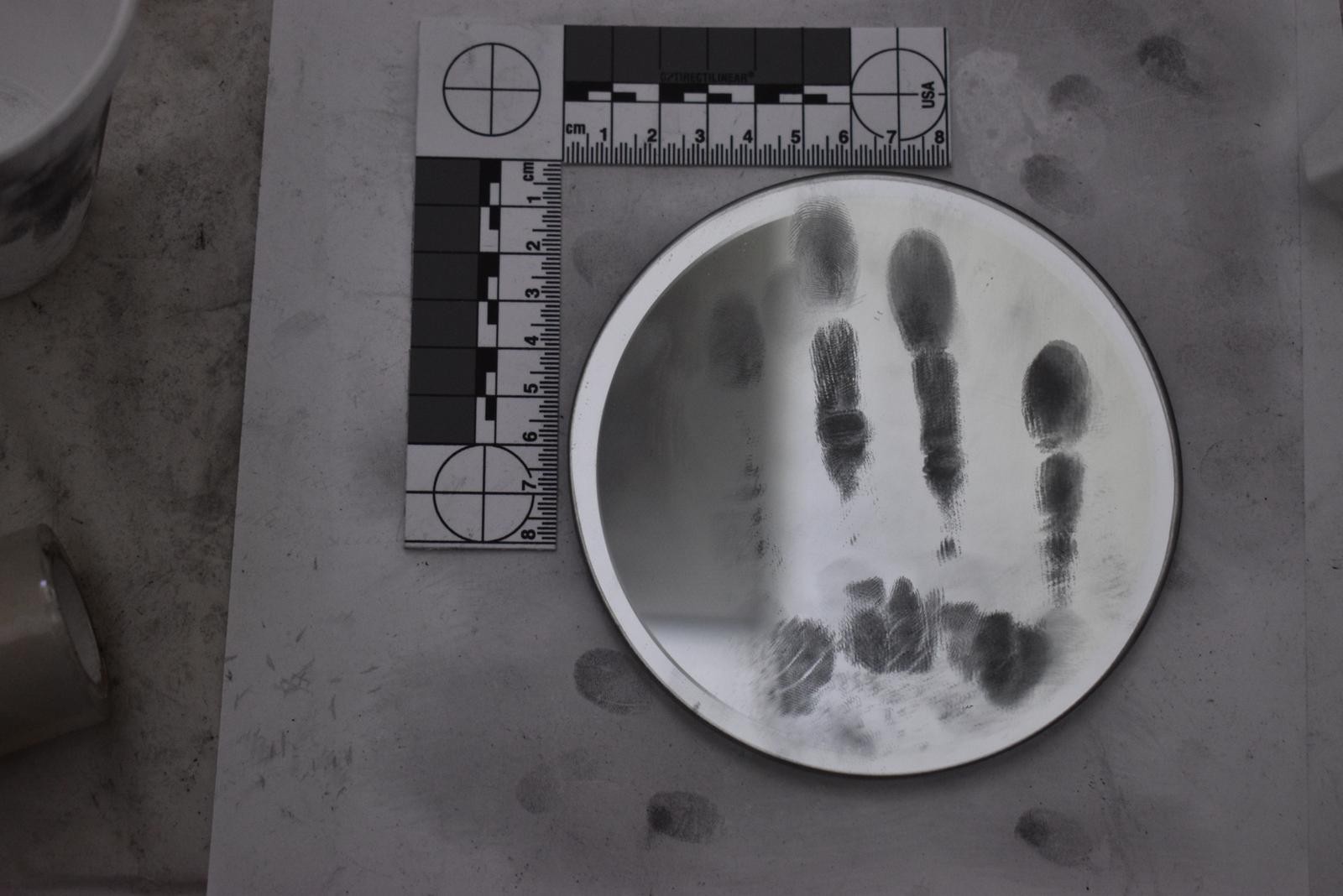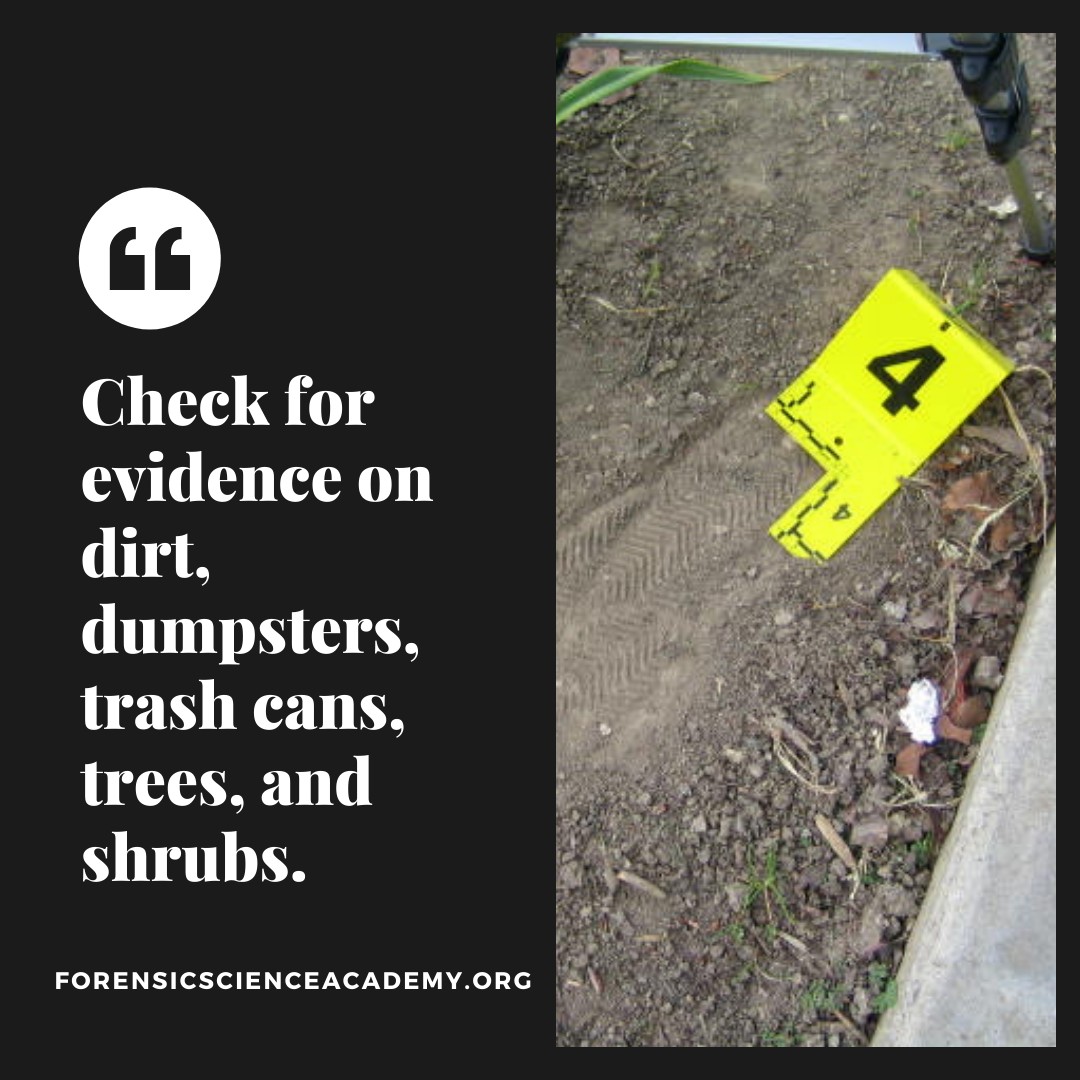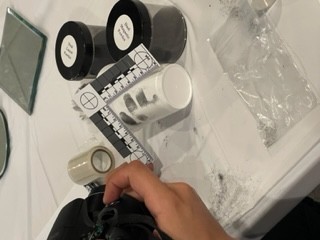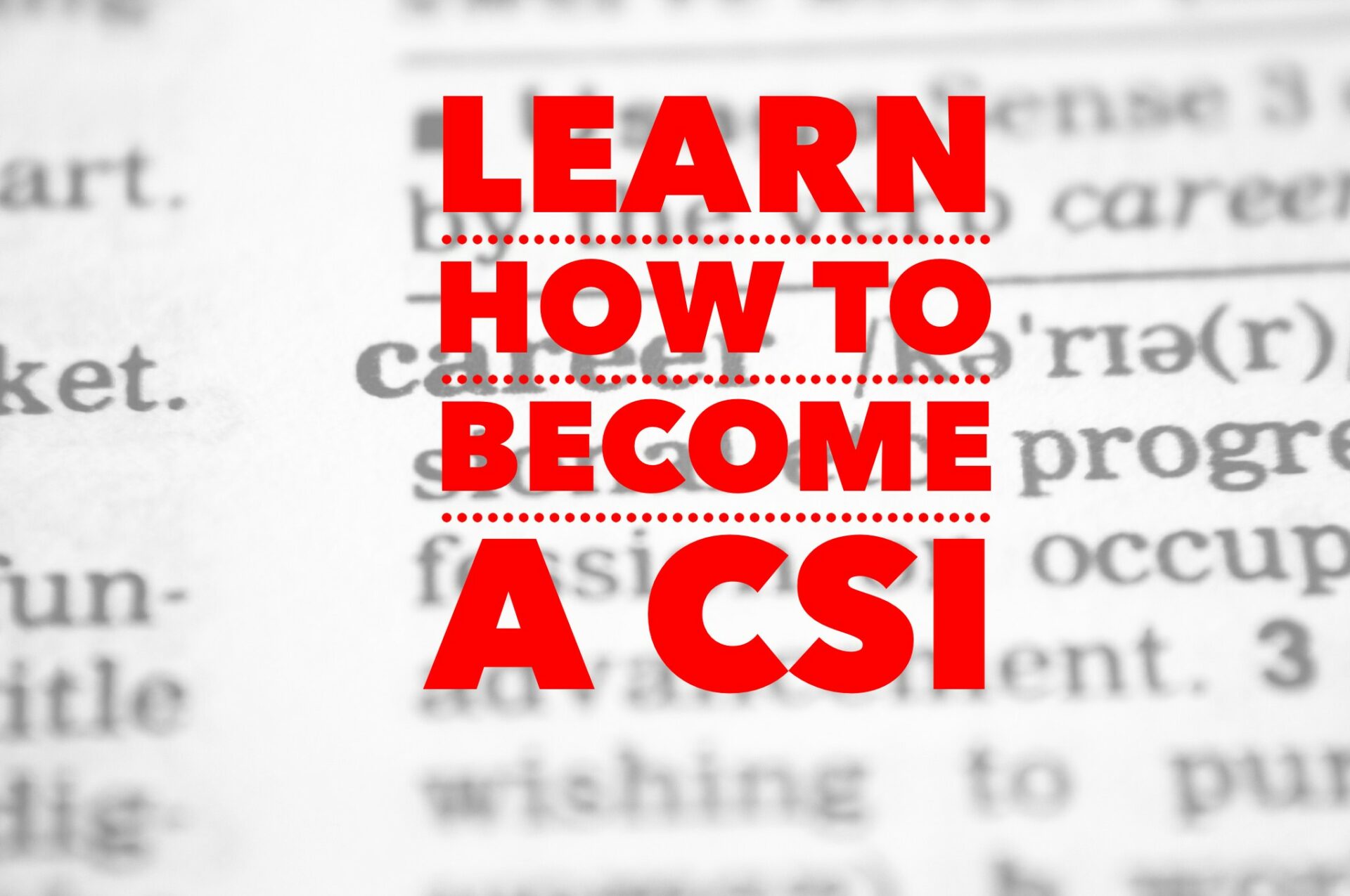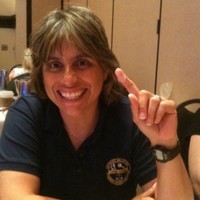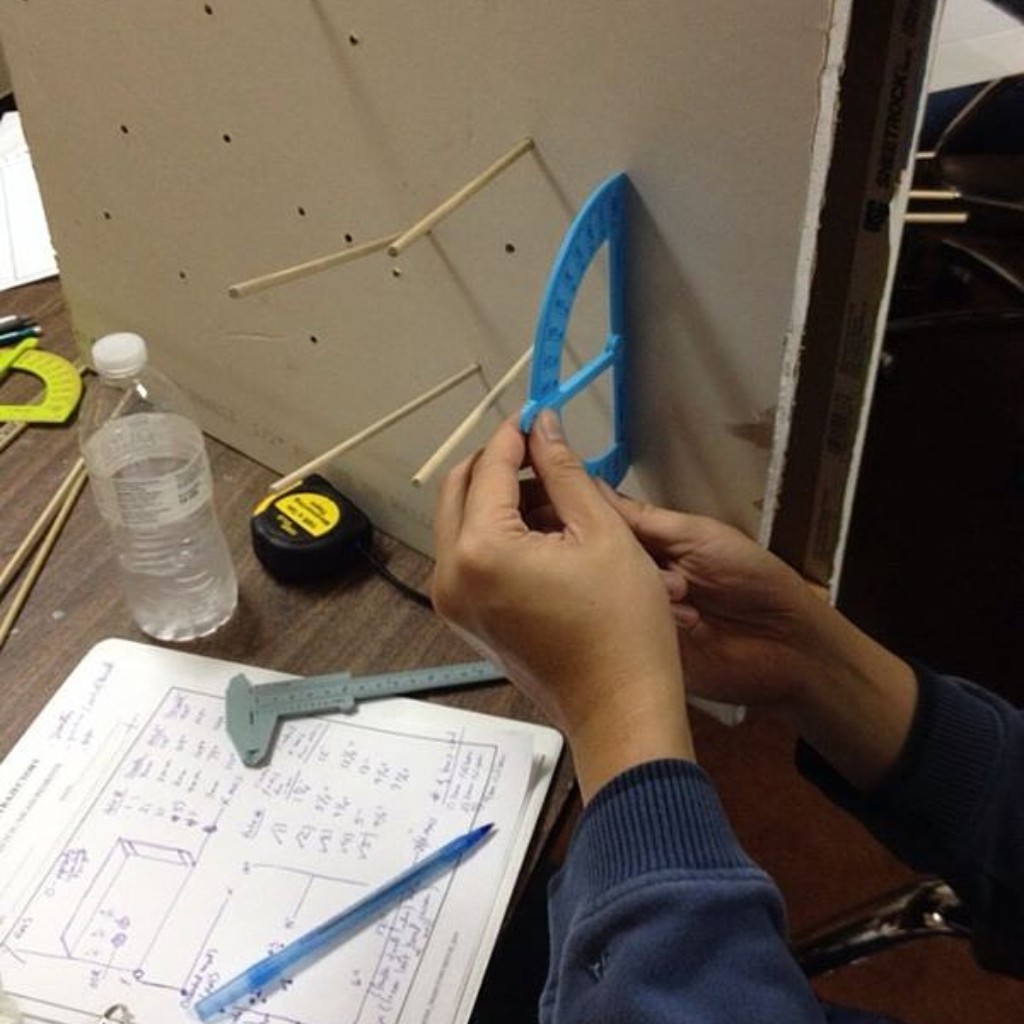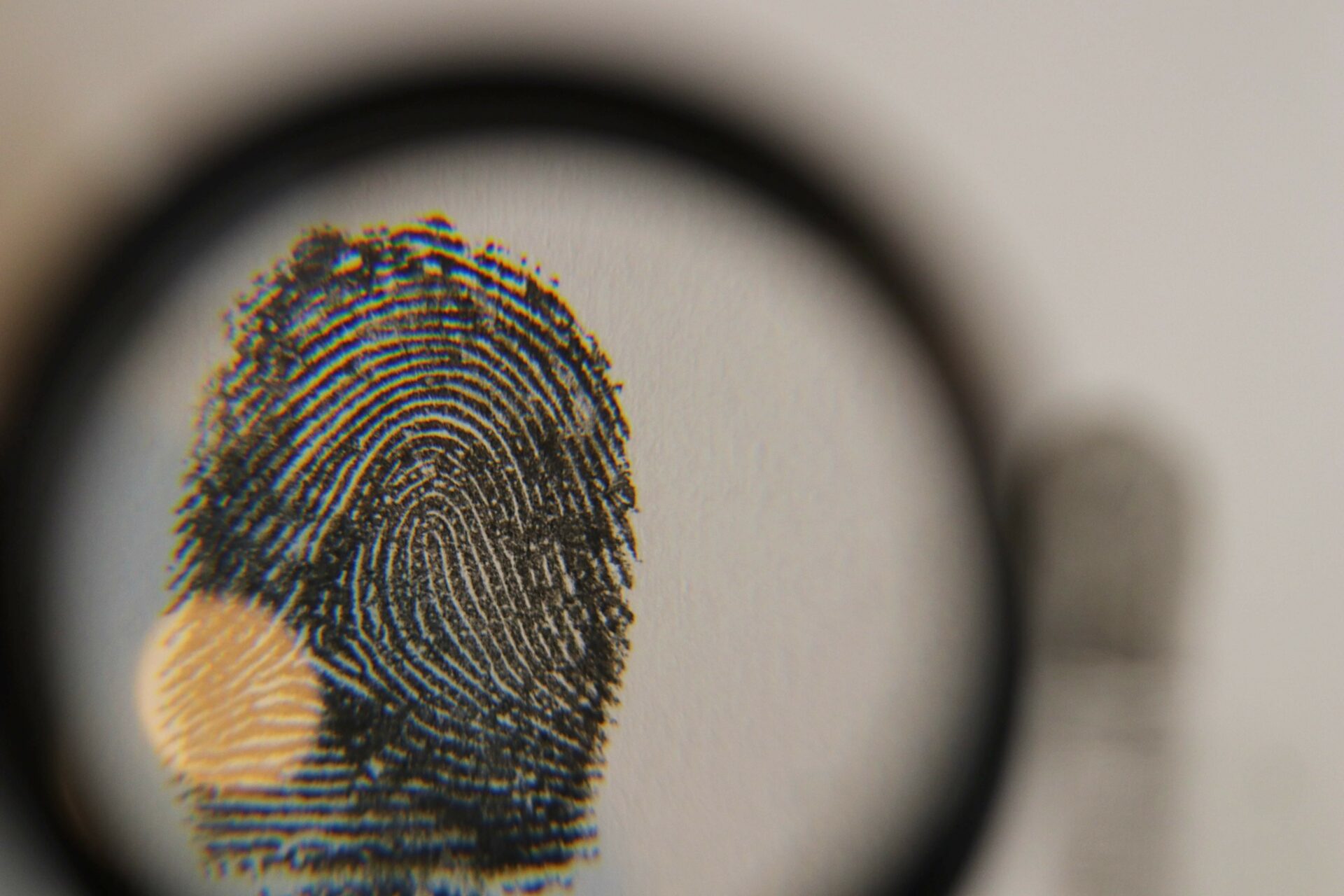We were lucky to catch up with Terri Armenta recently and have shared our conversation below.
Terri, so good to have you with us today. We’ve always been impressed with folks who have a very clear sense of purpose and so maybe we can jump right in and talk about how you found your purpose?
Finding one’s purpose is often a journey rather than a singular moment of realization. My path to becoming an adjunct professor teaching online courses in forensic science, criminalistics, criminal justice, and criminology, as well as directing a forensic science training program, has been a winding road of exploration, curiosity, and an unwavering commitment to making a difference.
From a young age, I was fascinated by the intricacies of the law and the meticulous nature of scientific investigation. The allure of solving puzzles and the drive to bring justice to those who have been wronged fueled my early interests. However, it wasn’t until I delved deeper into the subjects of forensic science and criminology that I recognized a profound connection between my passions and a broader societal need.
The turning point in my journey was an understanding of the profound impact that education and knowledge dissemination can have on influencing students’ lives. I realized that by educating the next generation of forensic scientists and criminologists, I could play a part in enhancing the accuracy, reliability, and integrity of criminal investigations and, consequently, the justice system as a whole.
This realization brought about a sense of purpose that has guided my professional life. I saw an opportunity not only to contribute to the field through research and practice but also to empower others by sharing knowledge, sparking curiosity, and nurturing critical thinking skills. By teaching online and onsite courses, I could reach a wider audience, breaking geographical barriers and providing access to quality education to those who might not have it otherwise.
Directing a forensic science training program added another layer to my purpose. It allowed me to design a curriculum that bridges theoretical knowledge with practical application, ensuring that students not only learn the concepts but also understand their real-world implications. This hands-on approach aims to prepare students not just for their careers but also to be thoughtful, ethical contributors to the field.
My journey to finding purpose was not about discovering what I loved but about realizing how what I loved could serve a greater good. It is about continuous learning and adapting, embracing the challenges and complexities of the field, and striving to make a meaningful impact through education.
In essence, my purpose lies in the intersection of passion, skill, and societal need. It is about contributing to a field that stands at the forefront of justice, offering knowledge and guidance to those who will carry forward the torch of truth and integrity. This path is not just a career but a calling – one that requires dedication, perseverance, and, above all, a deep-seated belief in the power of education to effect change.
Thanks for sharing that. So, before we get any further into our conversation, can you tell our readers a bit about yourself and what you’re working on?
The Forensic Science Academy is a comprehensive training platform dedicated to equipping students with both the theoretical knowledge and practical skills necessary to excel in the field of forensic science. As the owner and director of this program, I have the privilege of overseeing a diverse range of educational offerings, including hands-on training modules, seminars, online courses, and webinars, all designed to meet the evolving needs of students and professionals alike.
What excites me most about directing The Forensic Science Academy is the opportunity to foster a learning environment that bridges the gap between academic theory and real-world application. The field of forensic science is incredibly dynamic, with new techniques, technologies, and challenges emerging constantly. Our program is specially designed to stay at the forefront of these developments, ensuring that our students are not just prepared for the jobs of today but are also equipped to innovate and lead in the field as it evolves.
The hands-on training modules are a cornerstone of our curriculum. These sessions provide students with the opportunity to work with the latest forensic equipment and technologies under the guidance of experienced professionals. This direct experience is invaluable, as it not only reinforces theoretical knowledge but also hones the critical thinking and problem-solving skills that are essential in forensic investigations.
Our seminars and webinars bring together leading experts from across the forensic science community to discuss current trends, case studies, and advancements in the field. These events offer students a unique opportunity to engage with the broader forensic science community, fostering a culture of continuous learning and professional development.
The online courses are designed to be flexible and accessible, allowing students from all over the world to participate and benefit from our program. This accessibility is crucial in democratizing education in forensic science, ensuring that passionate individuals, regardless of their location or circumstances, have the opportunity to pursue their interests and careers in this vital field.
What makes The Forensic Science Academy special is our commitment to quality education and our focus on preparing students not just as forensic professionals but as contributors to the broader goal of justice. Our program is not just about teaching students how to use the tools of forensic science; it’s about instilling a sense of responsibility and ethics, emphasizing the importance of accuracy, integrity, and the impact of their work on the lives of others and the justice system as a whole.
If you had to pick three qualities that are most important to develop, which three would you say matter most?
Reflecting on my journey and the development of The Forensic Science Academy, three qualities, skills, or areas of knowledge stand out as particularly impactful: curiosity, interdisciplinary knowledge, and communication skills. These elements have not only fueled my passion but have also been instrumental in the successful execution of my vision for the program. Here’s how these qualities can be developed or improved upon, especially for those early in their journey in forensic science or related fields. I believe these skills are essential because:
Curiosity is the engine of discovery and learning and it drives us to ask questions, seek answers, and explore the unknown. In forensic science, curiosity pushes you to delve deeper into cases, explore new technologies, and continuously seek better methods of investigation.
Forensic science sits at the intersection of various disciplines, including biology, chemistry, physics, law, and criminal justice. A broad knowledge base not only enhances your ability to understand and solve complex problems but also allows for innovative approaches to forensic analysis.
The ability to effectively communicate findings, whether in written reports, presentations, or courtroom testimony, is crucial. Clear communication ensures that your work can be understood and appropriately utilized by law enforcement, legal professionals, and the public.
My advice to best develop these skills is as follows:
Be Patient and Persistent: Developing expertise takes time. Embrace the journey, and don’t be discouraged by setbacks.
Seek Mentorship: Learning from experienced professionals can provide guidance, motivation, and support.
Stay Updated: The field of forensic science is constantly evolving. Make a habit of reading current research and attending professional conferences to stay informed about new developments.
The journey is as important as the destination.
How can folks who want to work with you connect?
I am very much interested in collaborating with colleges and universities that are seeking to create or expand their forensic science course offerings, whether online or onsite. My experiences as an adjunct professor teaching online courses in forensic science, criminalistics, criminal justice, and criminology, coupled with directing a forensic science training program, have provided me with a comprehensive understanding of the educational needs in these fields, as well as the pedagogical strategies that can effectively meet those needs.
I bring to the table not only my subject matter expertise but also a deep commitment to enhancing educational experiences through innovative curriculum design and the integration of practical, hands-on training modules. My approach to education in forensic science emphasizes not just the acquisition of knowledge, but also the development of critical thinking skills and the application of theoretical concepts to real-world scenarios. This approach is crucial in preparing students for the complex and dynamic nature of careers in forensic science and related fields.
Collaborating with institutions to develop or refine their forensic science curricula offers a unique opportunity to leverage my expertise to benefit a broader student population. I am particularly excited about the potential to work with colleges and universities that are looking to:
Integrate cutting-edge technologies and methodologies into their forensic science programs to ensure students have exposure to the latest advancements in the field.
Develop comprehensive online course offerings that provide flexibility and accessibility to students, regardless of their geographical location or personal circumstances.
Expand hands-on training opportunities that allow students to apply their knowledge in practical settings, enhancing their learning outcomes and job readiness.
Contact Info:
- Website: https://forensicscienceacademy.org/
- Instagram: https://www.instagram.com/terriarmenta/
- Facebook: https://www.facebook.com/FTU187/
- Linkedin: https://www.linkedin.com/in/terriarmenta/
- Twitter: https://twitter.com/Forensic187/
